
Combined U.S. medical and recreational cannabis sales could reach $33.6 billion by the end of 2023, largely driven by the opening of new adult-use markets. Retail cannabis sales are projected to be upwards of $53.5 billion by 2027, according to analysis from the MJBiz Factbook.
The cannabis industry has experienced a profound transformation, thanks to technological advancements. From cultivation and production to compliance, distribution, and sales, technology plays a pivotal role in digitizing and revolutionizing the way cannabis-related businesses operate. This digital revolution has not only streamlined processes and improved efficiency but has also opened a world of possibilities for innovation and growth within the industry. Here are a few ways technology has revolutionized the legal cannabis market.
Cultivation and Production
Technology has impacted the cultivation and production of marijuana. Cutting-edge technologies such as hydroponics, automated irrigation, and climate control systems have revolutionized indoor growing operations. These advancements allow growers to closely monitor and control environmental conditions, optimizing growth and crop yields. Furthermore, advanced lighting systems and genetic research have led to the development of more potent and disease-resistant cannabis strains.
Additionally, precision agriculture tools, such as drones and satellite imaging, monitor crops, detect diseases, and manage inventory. These technologies enable farmers to make data-driven decisions, increase productivity, and minimize losses. By leveraging technology, cultivators consistently produce high-quality cannabis while reducing costs and limiting environmental impact.
Processing and Extraction
The process of transforming harvested cannabis into various products (e.g., concentrates and edibles) has also been significantly streamlined through technological advancements. Modern extraction methods, such as supercritical CO2 extraction, have replaced traditional methods, delivering higher yields, purity, and consistency. Automation and robotics have also found their way into processing facilities, reducing human error potential and supporting precise, efficient production.
Laboratory technologies have also improved testing and quality control processes. High-performance liquid chromatography (HPLC) and gas chromatography-mass spectrometry (GC-MS) allow for accurate and reliable testing of cannabinoids and terpenes, ensuring product safety and potency. With these advancements, consumers have greater confidence in product quality and standards.
E-Commerce and Retail
The digital revolution has had an unmistakable effect on the way cannabis products are marketed, sold, and brought to consumers. E-commerce platforms have emerged as a convenient and accessible way for consumers to browse and legally buy marijuana products. Online marketplaces and delivery services provide a wide selection of products, detailed information, and user reviews, empowering consumers to make informed choices.
Furthermore, point-of-sale (POS) systems specifically designed for the cannabis industry have simplified retail operations. These systems handle compliance, inventory management, and customer data, streamlining the purchasing process for all involved. Digital payment solutions, including cryptocurrencies and mobile wallets, have also made transactions more efficient, versatile, and secure.
Regulatory Compliance and Track-and-Trace
Because the cannabis industry operates within a complex regulatory landscape, technology has been instrumental in facilitating compliance and track-and-trace processes. Seed-to-sale tracking systems use barcodes and RFID tags to monitor the movement of cannabis products throughout the supply chain. This technology allows regulators to track the origin, quality, and distribution of cannabis products, ensuring consumer safety and preventing diversion into the illicit market.
Additionally, blockchain technology is being explored to enhance transparency and trust in the cannabis industry. By recording transactions and product data on a fixed and decentralized ledger, blockchain can provide a secure and tamper-proof historical log of the entire supply chain. This enables regulators and consumers to verify the authenticity and integrity of cannabis products.
Artificial Intelligence
As with many other industries, artificial intelligence (AI) is also penetrating the legal cannabis market. Here are a few example AI applications in this industry:
- AI-driven data analytics assist cultivators in optimizing crop yields and quality by studying environmental trends.
- Retailers use AI-powered inventory management to maintain desired stock levels and predict consumer preferences in advance.
- Generative AI (like chatbots) and virtual assistants offer personalized recommendations to consumers, improving their shopping experiences, preferences, and product knowledge.
- AI algorithms aid in compliance and regulatory adherence, helping organizations abide by constantly evolving laws.
- AI-driven marketing strategies help target specific demographics effectively.
Across every aspect of operations, the legal cannabis industry strives to maintain compliance while providing high-quality products to its consumers. With the help of the technologies mentioned, organizations in this sector continue to reach higher degrees of efficiency, enhance their offerings, and generate sustainable revenue streams.
See how TeamWherx® can help your cannabis company digitize and automate workflows to help drive greater revenue:
Share this post:
About the author : Actsoft Team
Actsoft’s team of industry experts have their fingers on the business world’s pulse. It’s our mission to deliver the latest news to keep you and your leaders on top of the latest trends, further helping you to excel and exceed your goals.















 Encore & Geotab Drive
Encore & Geotab Drive
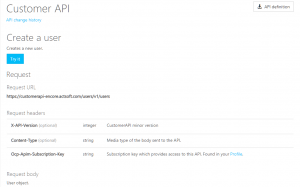
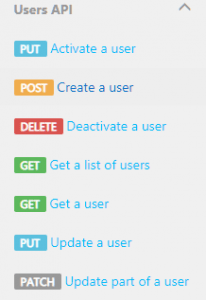

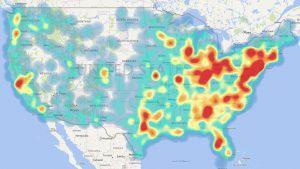
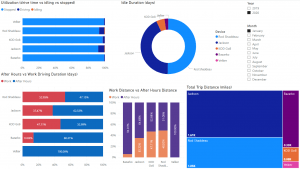
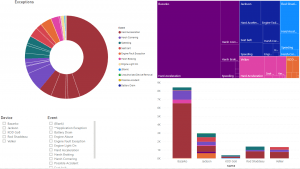
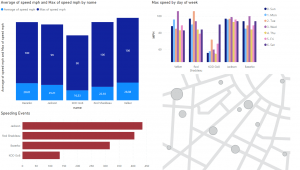
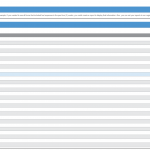
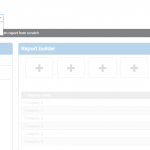
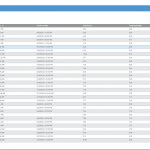
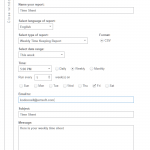


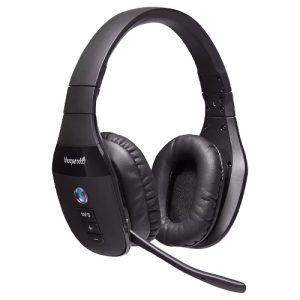
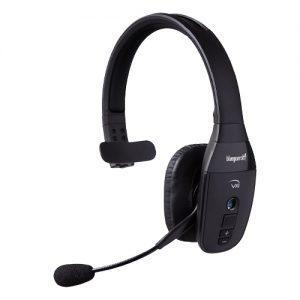
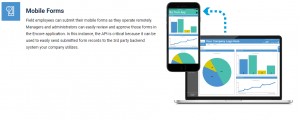


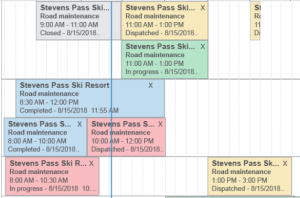

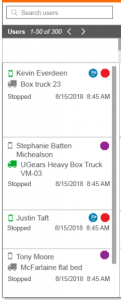
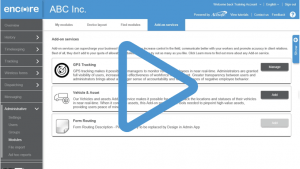

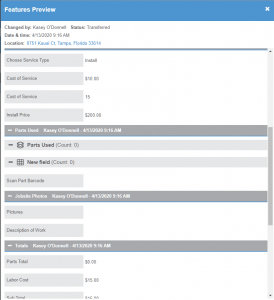
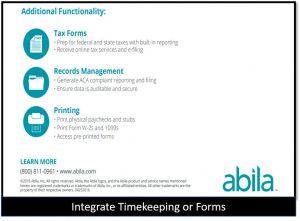
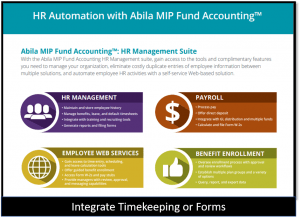
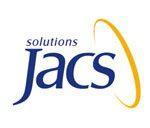
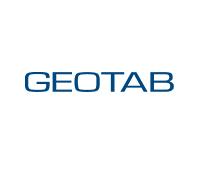 Gain even greater insight into the daily activities of your fleet using the combination of Geotab and Actsoft. Geotab devices provide detailed data collection and seamless integration with our solutions; learn more about the ways your vehicles are being used daily with the power of this tandem.
Gain even greater insight into the daily activities of your fleet using the combination of Geotab and Actsoft. Geotab devices provide detailed data collection and seamless integration with our solutions; learn more about the ways your vehicles are being used daily with the power of this tandem.



 Actsoft partnered with Odin to provide our solutions overseas, through payment processing integrations. Odin helps us support user management for our software; customers can also purchase our products through Odin’s billing platform.
Actsoft partnered with Odin to provide our solutions overseas, through payment processing integrations. Odin helps us support user management for our software; customers can also purchase our products through Odin’s billing platform.

 VisTracks powers our Electronic Logging Device (ELD) solution, which enables transportation businesses to easily automate their hours of service logs, remain in governmental compliance, and reduce their potential to incur costly fines.
VisTracks powers our Electronic Logging Device (ELD) solution, which enables transportation businesses to easily automate their hours of service logs, remain in governmental compliance, and reduce their potential to incur costly fines. Integration between Actsoft solutions and BeWhere’s software products is available. Take your team’s asset tracking, cellular data connectivity, and field insight a step further with effective, cross-application compatibility.
Integration between Actsoft solutions and BeWhere’s software products is available. Take your team’s asset tracking, cellular data connectivity, and field insight a step further with effective, cross-application compatibility.
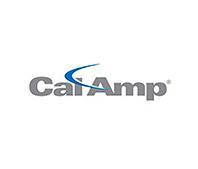 CalAmp tracking devices for vehicles and assets alike are compatible with Actsoft solutions, making it easy for you to efficiently monitor your equipment and fleet cars. Help your team enhance accountability, safety, and savings through a combination of easily installed hardware and intuitive software.
CalAmp tracking devices for vehicles and assets alike are compatible with Actsoft solutions, making it easy for you to efficiently monitor your equipment and fleet cars. Help your team enhance accountability, safety, and savings through a combination of easily installed hardware and intuitive software.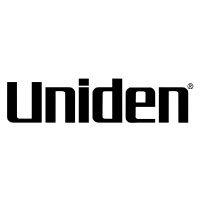 Our partnership with Uniden is ideal for companies looking to gain advanced diagnostics on their fleets. Uniden’s extensive product listing of car electronics like radios, dash cams, radar detectors, and in-vehicle communicators work in concert with Actsoft’s solutions to better connect your vehicles to the company headquarters.
Our partnership with Uniden is ideal for companies looking to gain advanced diagnostics on their fleets. Uniden’s extensive product listing of car electronics like radios, dash cams, radar detectors, and in-vehicle communicators work in concert with Actsoft’s solutions to better connect your vehicles to the company headquarters.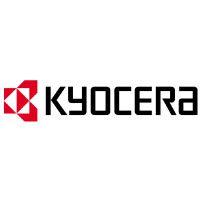 Kyocera offers a wide range of mobile devices, ranging in design from traditional phones to ultra-durable handset technology. Actsoft is able to equip organizations in a variety of different industries with solutions for improved business, while Kyocera supplies the technology they can flawlessly operate on.
Kyocera offers a wide range of mobile devices, ranging in design from traditional phones to ultra-durable handset technology. Actsoft is able to equip organizations in a variety of different industries with solutions for improved business, while Kyocera supplies the technology they can flawlessly operate on.

 Our software is the perfect complement to Apple’s user-friendly technology. Equip your workforce with the devices and solutions it needs for optimized productivity during daily operations with Apple and Actsoft.
Our software is the perfect complement to Apple’s user-friendly technology. Equip your workforce with the devices and solutions it needs for optimized productivity during daily operations with Apple and Actsoft.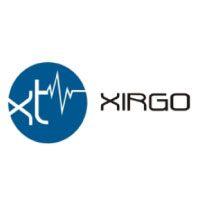
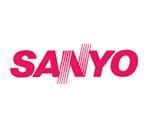 Actsoft and Sanyo teamed up to merge intuitive business management software with the technology of today. This partnership allows us to provide you with all the tools your team needs for improved workflows, better coordination, and optimized productivity.
Actsoft and Sanyo teamed up to merge intuitive business management software with the technology of today. This partnership allows us to provide you with all the tools your team needs for improved workflows, better coordination, and optimized productivity. Motorola’s mobile technology works in tandem with our solutions to provide extra versatility to your business practices. Coupled with our software’s features, Motorola’s reliable devices make connecting your workforce simpler than ever to do.
Motorola’s mobile technology works in tandem with our solutions to provide extra versatility to your business practices. Coupled with our software’s features, Motorola’s reliable devices make connecting your workforce simpler than ever to do. We’re able to bundle certain solutions of ours (including our Electronic Visit Verification options) with Samsung devices to help your team achieve as much functionality as possible, while keeping rates affordable. Use these combinations for accurate recordkeeping, improved communication, and smarter data collection in the field.
We’re able to bundle certain solutions of ours (including our Electronic Visit Verification options) with Samsung devices to help your team achieve as much functionality as possible, while keeping rates affordable. Use these combinations for accurate recordkeeping, improved communication, and smarter data collection in the field.